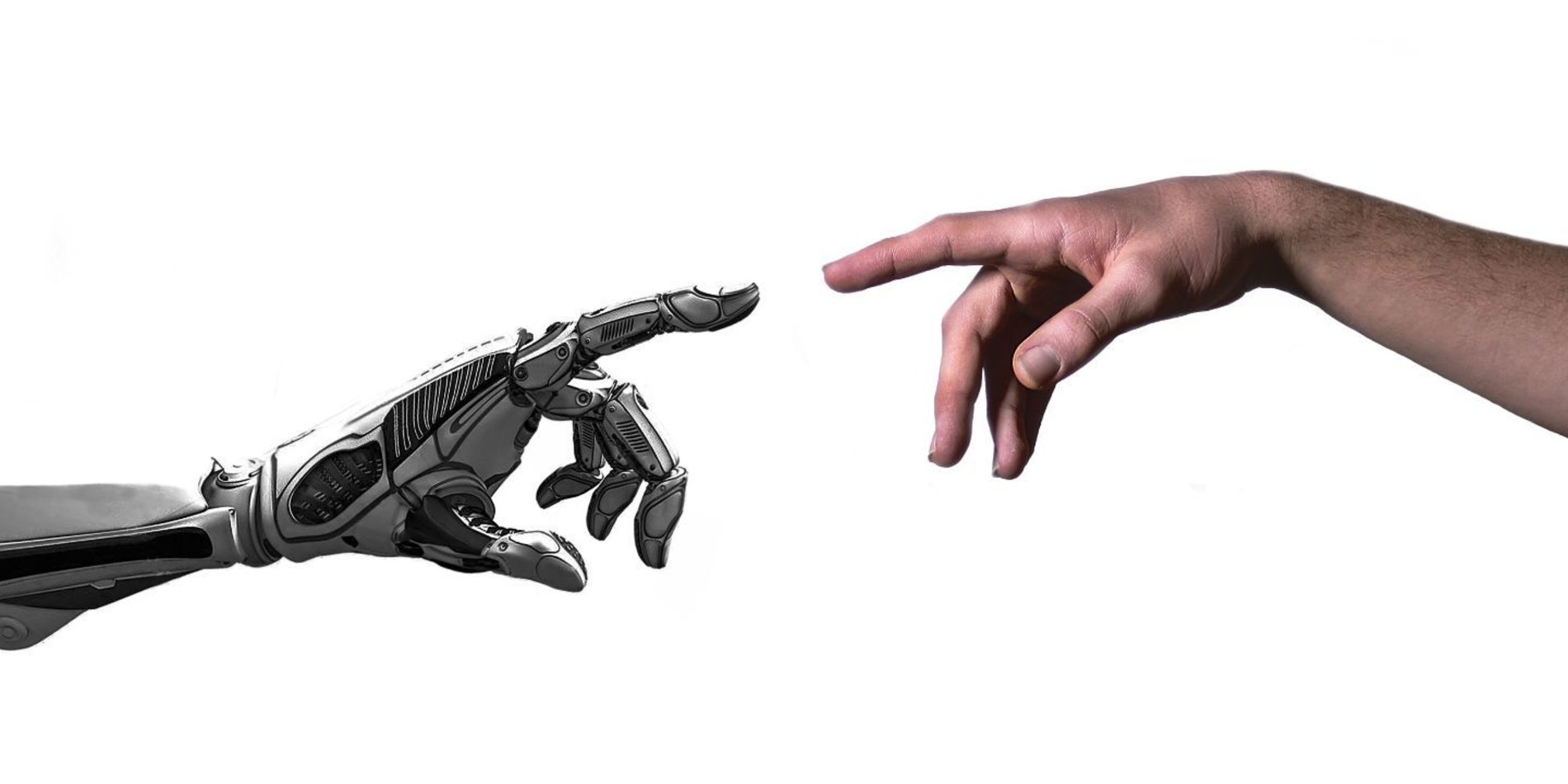
ARMLab Research
The broad research objective of the Assistive Robotics and Manipulation Lab is to develop robots that improve everyday life by anticipating and acting on the needs of human counterparts. We specialize in developing intelligent robotic systems that can perceive and model environments, humans, and tasks and leverage these models to predict system processes and understand their assistive role. The research can be divided into the following sub-categories: robotic assistants, connected devices, and intelligent wearables. We use a combination of tools in collaborative robotics, machine learning, computer vision, state estimation and prediction, dynamical systems analysis, and control theory. Our lab focuses heavily on both the analytical and experimental components of collaborative robotics. Our primary focus is collaborative robotic assistants (often mobile manipulators and humanoids) with the goal of deployment for service tasks that may be highly dynamic and require dexterity, situational awareness, and human-robot collaboration.

To be an effective teammate, the robot must be able to accurately model itself, the task and the human collaborator.


